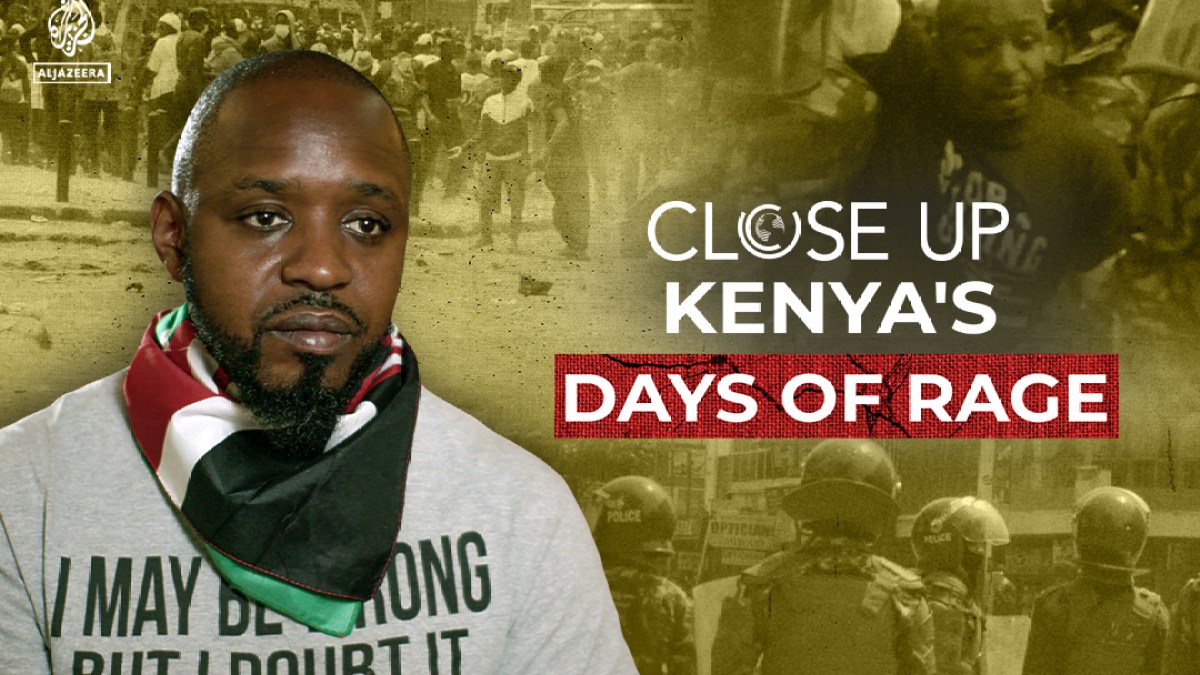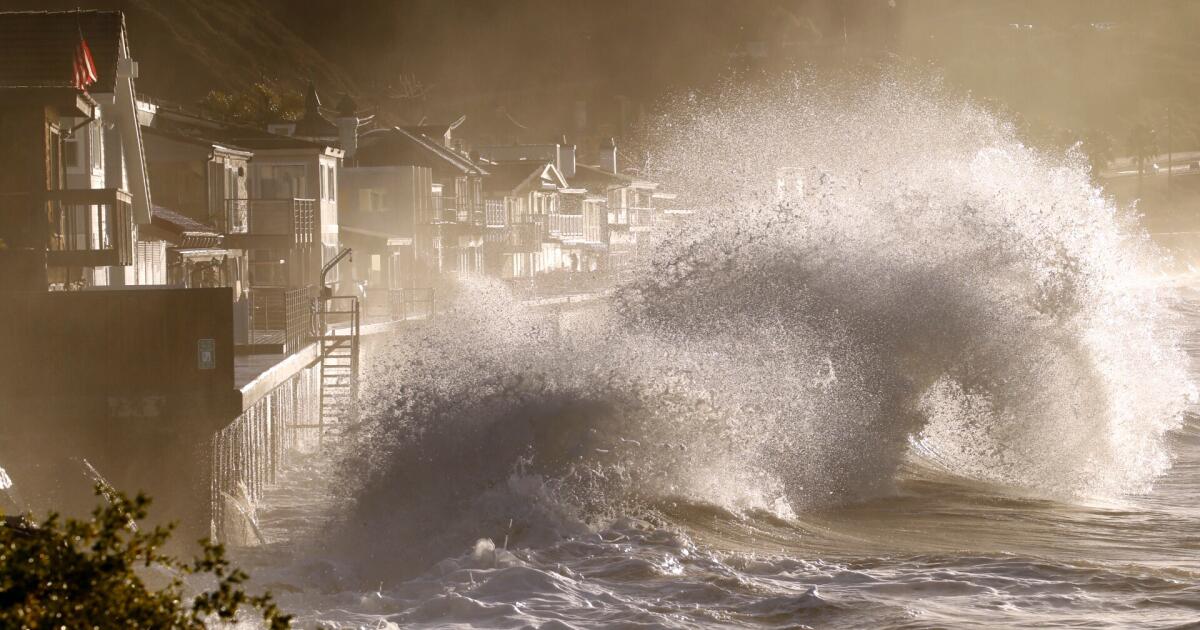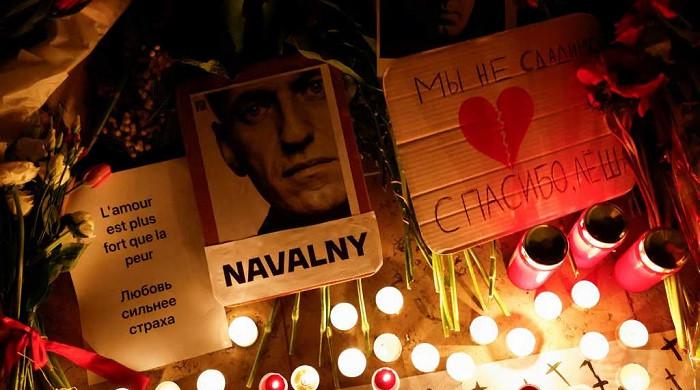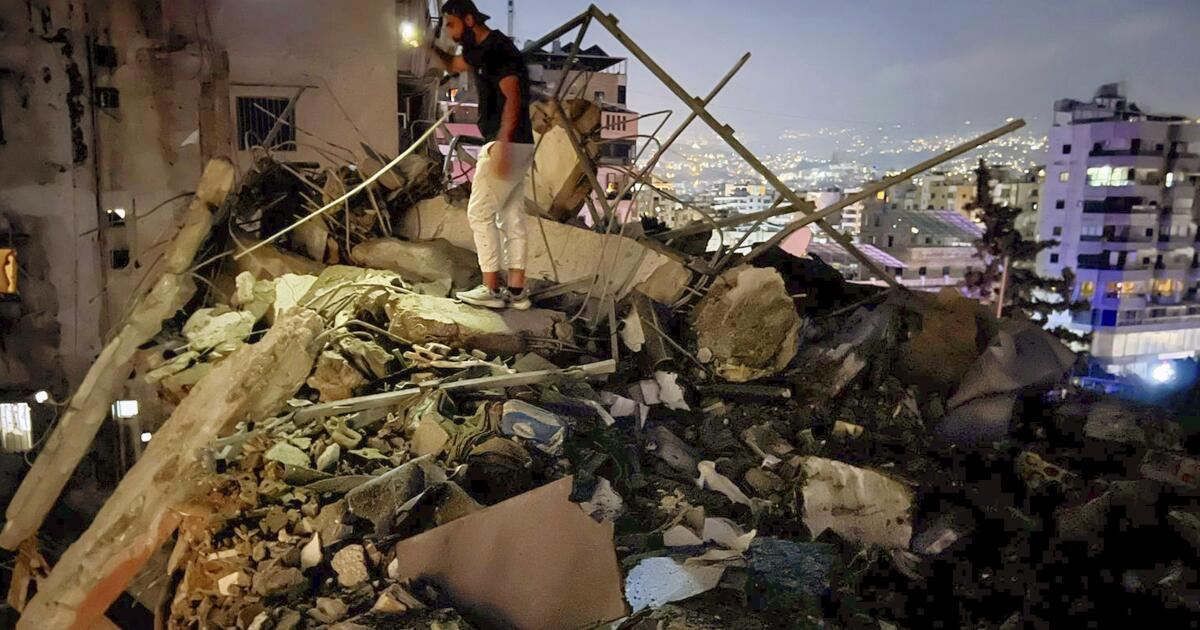Several allies are warning against escalation after Iran's weekend attack on Israel raises fears of a broader regional war.
Several Western countries have urged Israel to avoid an escalation of the conflict in the Middle East as the war cabinet debates how to respond to Iran's attack on the country over the weekend.
Prime Minister Benjamin Netanyahu convened his war cabinet on Monday for the second time in less than 24 hours over Iran's missile and drone attack.
“We are on the edge of the precipice and we have to move away from it,” Josep Borrell, EU High Representative for Foreign Affairs and Security Policy, told Spanish radio station Onda Cero.
“We have to hit the brakes and reverse.”
French President Emmanuel Macron, German Chancellor Olaf Scholz and British Foreign Secretary David Cameron made similar calls, echoing calls for restraint from Washington and United Nations Secretary-General Antonio Guterres. .
“Neither the region nor the world can afford more wars,” Guterres said Sunday night. “Now is the time to calm down and reduce tension.”
Russia has refrained from publicly criticizing its ally Iran over the attacks, but on Monday expressed concern about the risk of escalation and also called for restraint.
“Further escalation benefits no one,” said Kremlin spokesman Dmitry Peskov.
Belgium and Germany summoned Iranian ambassadors over the attack, in which Iran launched hundreds of drones and missiles that the Israeli military said were almost all intercepted.
Most of the missiles and drones were shot down by Israel's Iron Dome defense system and with help from the United States, Britain, France and Jordan.
The attack came in response to an Israeli airstrike on the Iranian consulate in Damascus on April 1, which killed seven members of the Islamic Revolutionary Guard Corps, including two generals.
Fears of regional escalation
Tehran's retaliatory attack on Israel has raised fears of an open war between Israel and Iran, and raised concerns that violence will spread further in the region.
Fearful of the dangers, US President Joe Biden has told Netanyahu that Washington will not participate in any Israeli counteroffensive against Iran.
Since the start of Israel's war on Gaza in October, clashes have broken out between Israel and Iran-aligned groups in Lebanon, Syria, Yemen and Iraq.
Israel says it is trying to destroy the Palestinian group Hamas after it led an attack on Israel on October 7, killing at least 1,139 people, mostly civilians, according to an Al Jazeera tally based on Israeli statistics, and taking another 250 people hostage.
According to Palestinian authorities, more than 33,500 people, mostly women and children, have been killed in the Israeli attack on Gaza, and much of the territory has been reduced to rubble. Aid agencies have warned that parts of Gaza face imminent famine amid severe Israeli restrictions on the supply of food and humanitarian aid.












